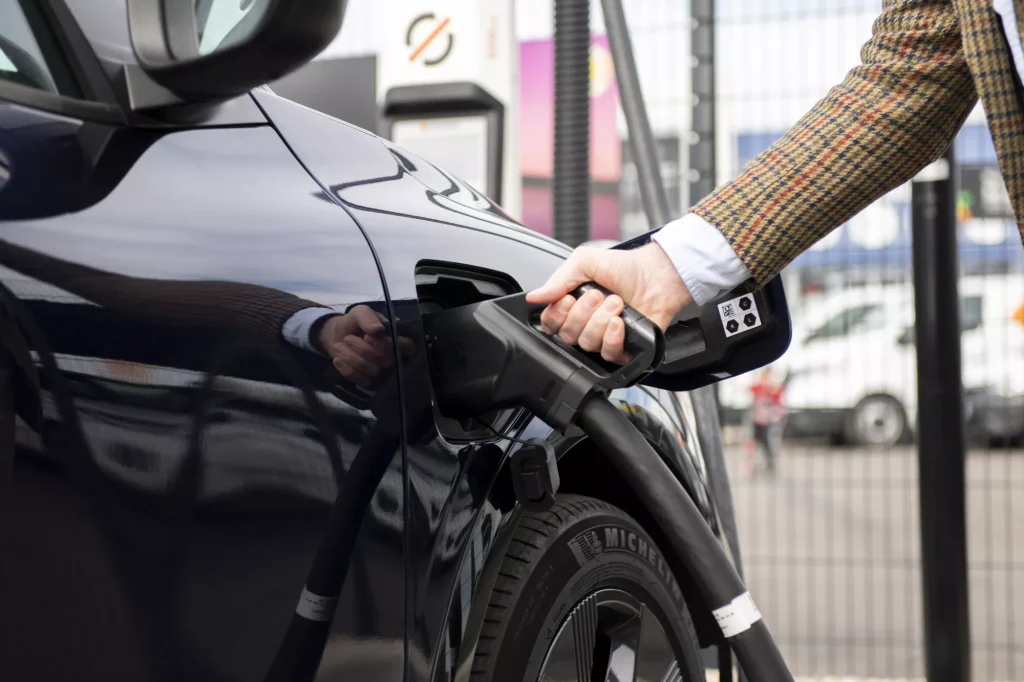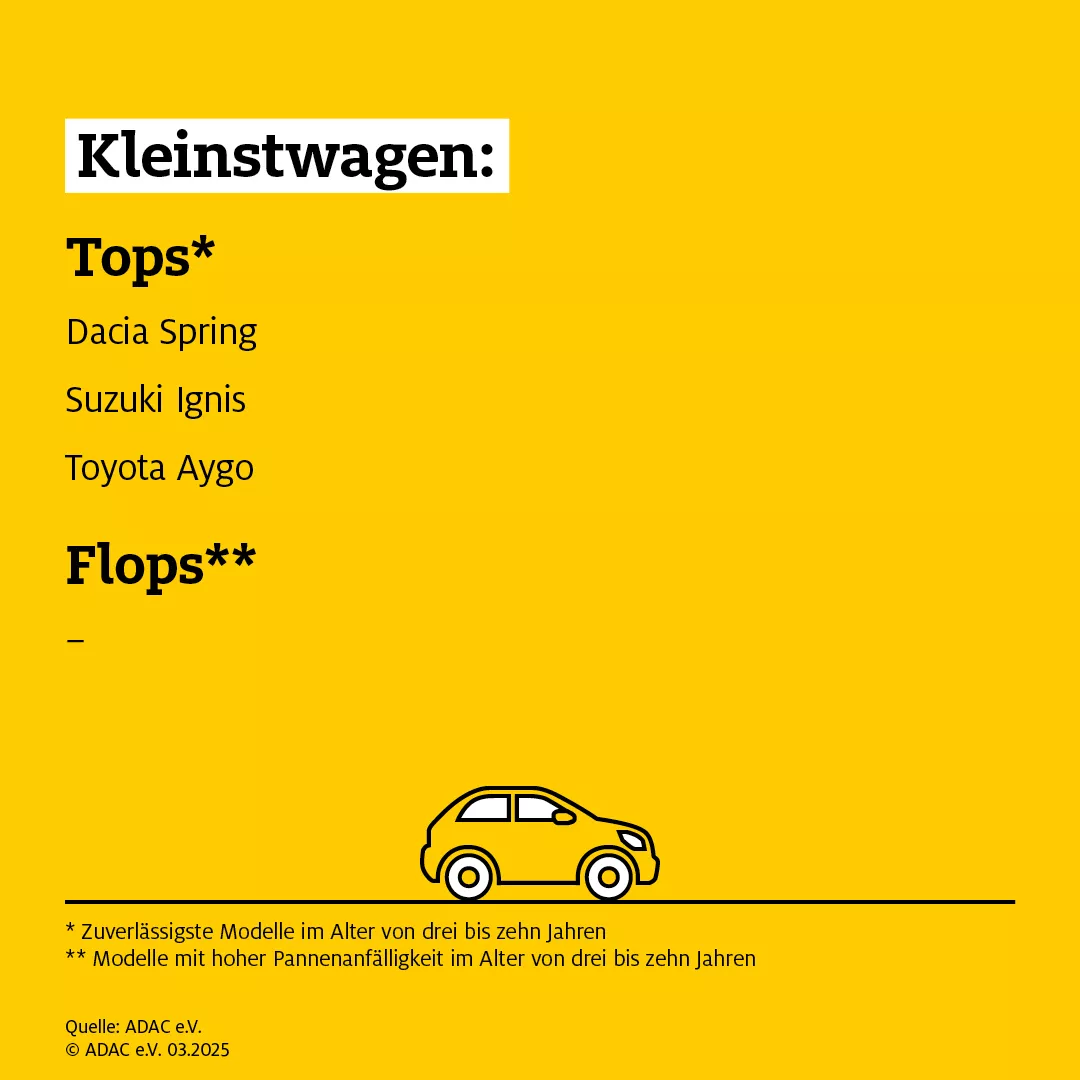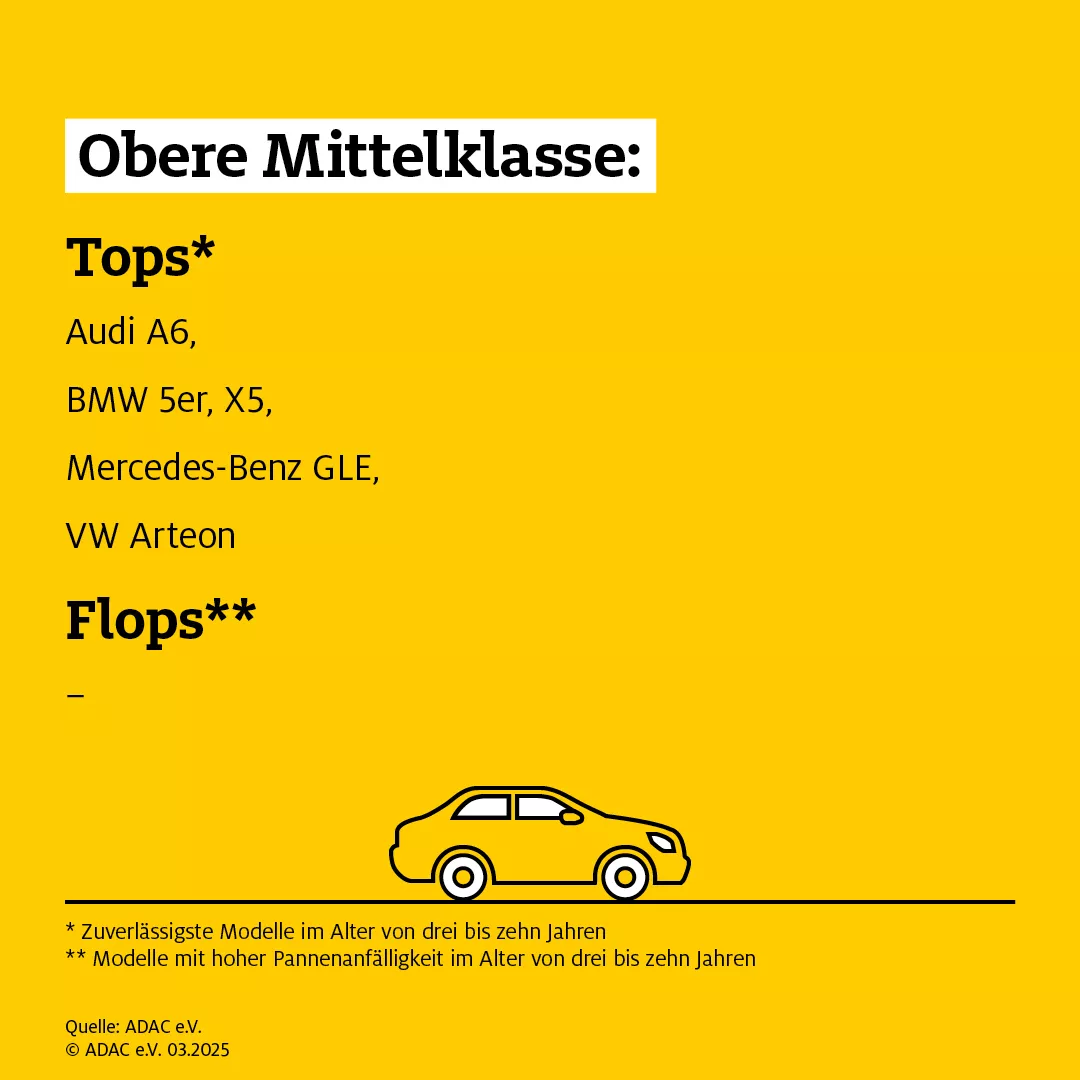Electric vehicles are proving more dependable than their combustion-engine counterparts, according to a new study by Germany’s largest roadside assistance organization, the ADAC.
The organization, which responded to over 3.6 million breakdowns last year, reported that EVs accounted for just 1.2% of total callouts—a figure that strengthens the case for electric reliability as adoption grows.
See also: German Study Finds No Elevated Health Risk from Magnetic Fields in Electric Vehicles

In 2024, the ADAC said it had sufficient data to draw clear comparisons between propulsion types. The findings showed that among cars registered between 2020 and 2022, electric models experienced 4.2 breakdowns per 1,000 vehicles, less than half the 10.4 breakdowns reported for combustion vehicles in the same age group. The report marks the second consecutive year in which EV reliability data was available and points to a growing trend.
The most frequent cause of breakdowns across both vehicle types remained the 12-volt battery, responsible for half of EV breakdowns and 45% of combustion vehicle failures. In other areas such as electrical systems, engine management, and lighting, internal combustion vehicles either matched or exceeded EVs in the number of issues.
See also: Global Energy Demand Surges in 2024 as Electricity Consumption Soars, IEA Reports

One exception was tire-related breakdowns, with EVs showing slightly higher service calls at 1.3 per 1,000 vehicles compared to 0.9 for combustion cars. However, the report noted that newer electric vehicles seem to show improvements in this category.
While the ADAC acknowledged limitations in long-term data for EVs due to their relatively recent entry into the market, the current findings suggest a strong performance trend for electric cars. With fewer moving parts and no need for oil changes or complex engine maintenance, EVs may offer a more practical option for drivers focused on reliability, beyond just environmental concerns.





